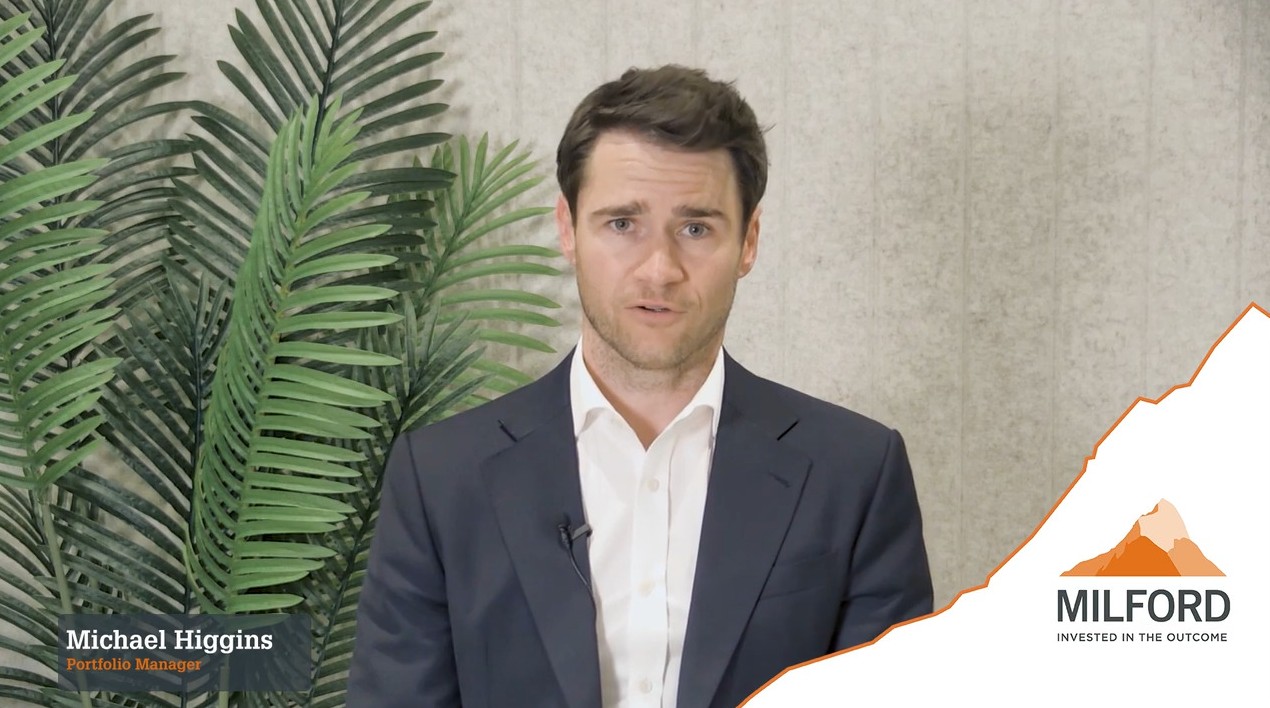Value opportunity in a UK bank
Virgin Money UK is a United Kingdom bank offering a classical value investment opportunity that would have excited a young Warren Buffet. A bank may appear an unusual choice as an investment highlight given there is no exciting new technology or structural growth story. But great investments can be found in unusual places for investors with relevant experience and a willingness to look.
A short history on Virgin Money. In 2016, National Australia Bank (NAB) spun off Clydesdale Bank, a small UK bank it had acquired back in 1989. Clydesdale was listed on the local London stock exchange and also on the Australian stock exchange due to its large Australian shareholder base (a legacy of the NAB ownership). Although the bank had a high-quality mortgage business, profits struggled due to a weak UK economy preparing for Brexit and declining interest rates. As an undersized UK bank with a predominantly Australian shareholder base there was little to excite investors and the stock became a bit of an orphan on the London and Australian stock exchanges.
In 2018 Clydesdale Bank acquired Virgin Money, a financing brand founded by Richard Branson in 1995. The combined business then rebranded as Virgin Money UK in 2019. Heading into the COVID period, the stock remained out of favour with investors, but the merger had scaled the business up to become the fifth largest bank in the UK.
COVID-19 creates an opportunity
COVID-19 hit bank stocks severely as investors anticipated large defaults on bank loans and were wary of another financial crisis like we saw in 2009. The Virgin Money share price fell from £1.90 in January 2020 to £0.72 in October 2020. At this point the company traded at only 0.25x book value and offered a medium-term dividend yield of over 25% – assuming bad debts did not wipe out the value of the business.
From there we had mostly good news. The UK Government provided bank guarantees and enormous amounts of fiscal stimulus which prevented large loan losses for banks. The vaccine announcements in November then underpinned confidence in the economic recovery. And it soon became clear that the UK had one of the most advanced vaccine rollout programs in the world which has positioned the UK to be one of the strongest performing major economies in 2022.
As a result, the Virgin Money share price climbed back to £1.98 by the end of June 2021.
Milford has followed the Virgin Money business closely as we have owned bonds issued by Clydesdale since 2016. Many of Milford’s investment team have also worked in the UK and are familiar with the company and its history. This knowledge of the business has positioned us well to pick up shares in Virgin Money throughout 2020 when the deep value opportunity presented itself.
On to the next phase of recovery
Now at 0.67x book value and a medium-term dividend yield of 10% some of the value opportunity in Virgin Money has been realised. Despite this, we think Virgin Money remains a good investment for several reasons. Firstly, Virgin Money will extract cost savings opportunities from the merger of Clydesdale and Virgin Money that should increase earnings by approximately 20%. Secondly, the rapidly improving UK economy will likely see interest rates rise over the coming years. Rising interest rates are typically positive for bank earnings. And finally, we think the business remains undervalued given the improving earnings trajectory and dividend yield the business should ultimately trade at.
Virgin Money is owned broadly across Milford’s funds. We also own a number of other UK banks that should also benefit from the improving UK economy.



